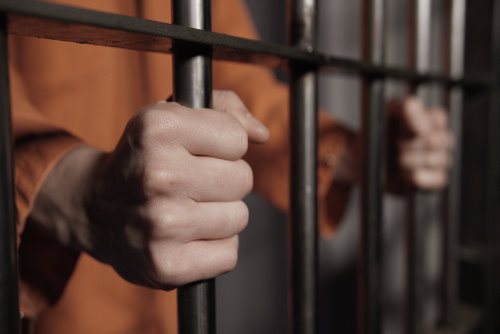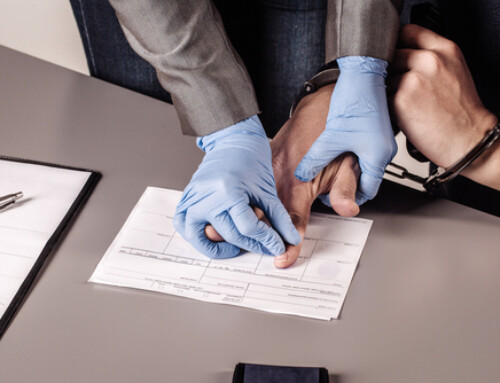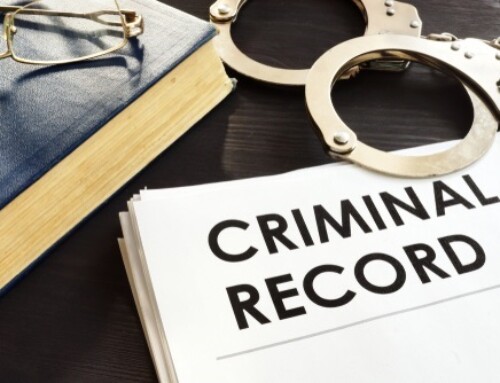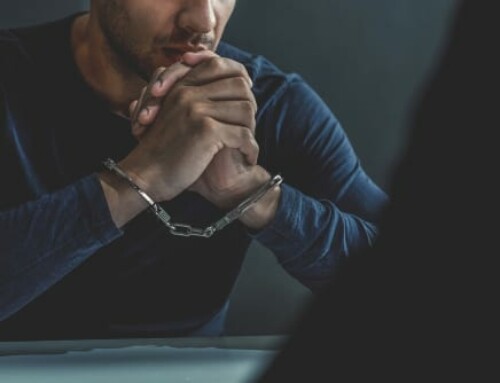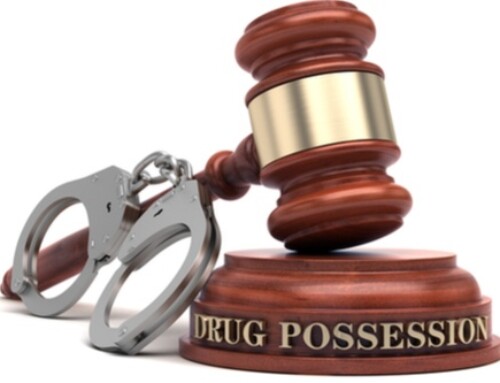If you face criminal charges and are innocent, there is no reason you should accept anything less than a full acquittal. You are presumed innocent until proven guilty, and the prosecution must prove your guilt beyond a reasonable doubt.
However, unfortunately, you still have work to do. Even if you are innocent, avoiding a conviction may prove challenging, and you must still be prepared to fight your charge by all means available. The good news is that various types of evidence can be used to prove innocence—and you don’t necessarily need to prove your innocence to avoid a conviction.
Are You Sure You are Innocent?
Before you start building a defense based on innocence, you need to make sure that you are, in fact, innocent. The South Carolina Code of Laws establishes numerous crimes—some of which involve far worse conduct than others. While there is a good chance that you are innocent if you believe you are, there is also a possibility that you have violated a law of which you are unaware.
To confirm that you are innocent, you will need to discuss your case with a South Carolina defense attorney. An experienced defense attorney will be able to examine your charge and ask you questions to determine whether you are at risk for being convicted. If you aren’t, your attorney can build a defense around your innocence. If you are, then your attorney can use the facts of your case to defend against your charge by all means available.
You Don’t Necessarily Need to Prove that You are Innocent
It is also important to note that you don’t necessarily need to prove your innocence to avoid a conviction. While this is certainly an option if you have not committed a crime, all you need to do is prevent the prosecutor’s office from proving your guilt. If it is more efficient to expose flaws in the prosecution’s case than to build a complete innocence defense, then this could be your best path forward.
7 Types of Evidence that Can Be Used to Prove Innocence in South Carolina
But, let’s assume you are innocent, and let’s say that asserting an innocent defense is your best option. How do you prove that you are innocent in South Carolina criminal court?
Just as it takes legally admissible evidence to secure a conviction, it takes legally admissible evidence to prove your innocence as well. Here are seven examples of types of evidence that can be used to prove innocence in a South Carolina criminal case:
1. Witness Testimony
Witness testimony can be used to prove innocence in two ways. First, if someone else committed the crime of which you are accused, a witness may be able to testify to seeing a person fitting a different description at the scene. Second, witness testimony can be used to establish an alibi. If you were somewhere else when the alleged crime was committed, anyone who was with you might be able to testify to help prove your innocence.
2. Phone Records
It may also be possible to use your phone records to prove your innocence in a couple of ways. If it is possible to access GPS data from your phone, this may allow you to conclusively establish that you were not at the scene of the crime at the time that it was allegedly committed. Text and call records can also be used to help establish an alibi; and, if you have been charged with an offense that involves the use of your phone (such as texting while driving), your phone records may conclusively establish that you were not using your phone as alleged.
3. Employment, Bank Account, or Other Records
Employment records, bank account records, and various other records you might be able to access could potentially serve as evidence of innocence as well. From establishing an alibi (i.e., you were at work) to prove that you did not engage in specific illegal activity, various types of records can be used to help establish innocence in various ways.
4. Surveillance Camera Footage
Surveillance camera footage can essentially serve the same functions as witness testimony. If surveillance footage shows someone else committing the crime in question, then you deserve to be acquitted. Likewise, if there is footage showing that you were somewhere else when the alleged crime took place, your attorney can seek to introduce the footage to establish an alibi.
5. Phone Photos or Videos
Whether they are on your phone or someone else’s, if some photos or videos show you doing something other than committing the alleged crime when it supposedly took place, your attorney can seek to introduce these as evidence of innocence as well.
6. Other Records
In addition to any records that you may have in your possession, your lawyer may also be able to obtain records from other sources to prove your innocence. For example, if you face a DUI charge based on a high blood alcohol concentration (BAC), the breathalyzer device calibration records may show that the device was not properly calibrated at the time of your arrest.
7. DNA Evidence
If the prosecution has DNA evidence, your attorney may be able to submit your DNA to prove that someone else committed the crime. In South Carolina, DNA evidence may be used in various cases, including cases involving assaults, sexual assaults, murders, thefts, and other serious crimes.
As you can see, not all of these types of evidence will be available in all cases. To find out what evidence you can use to prove your innocence, schedule a free consultation at Deaton Law Firm, LLC today.
Request a Free Consultation with North Charleston Criminal Defense Lawyer Rad S. Deaton
Have you been charged with a crime, and do you believe that you are innocent of the charges against you? If so, you should speak with a lawyer promptly. To schedule a free consultation with North Charleston criminal defense lawyer Rad S. Deaton, call 843-225-5723 or request an appointment online now.

